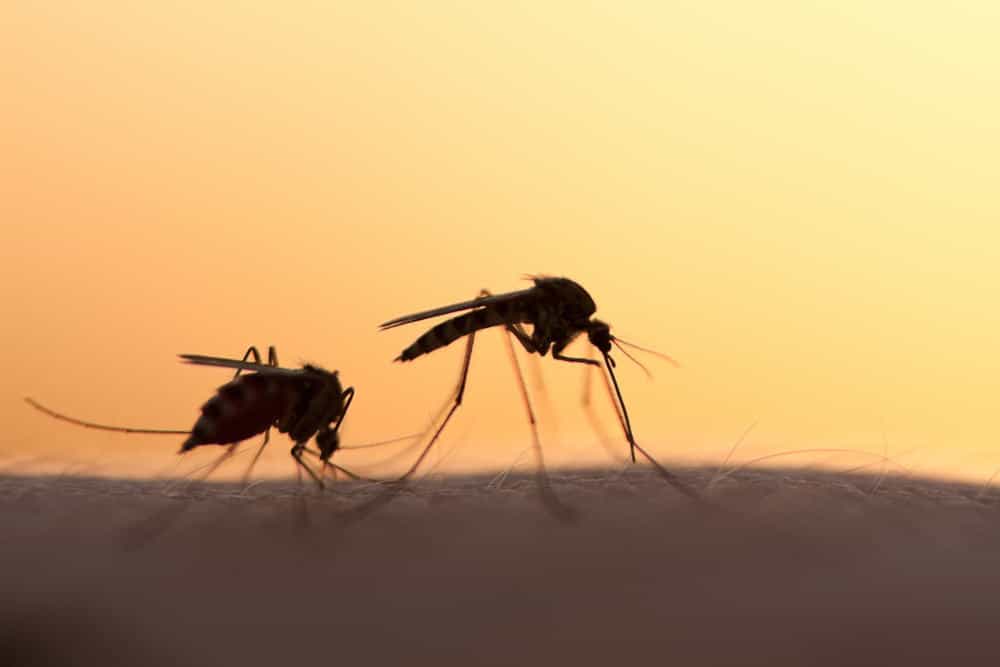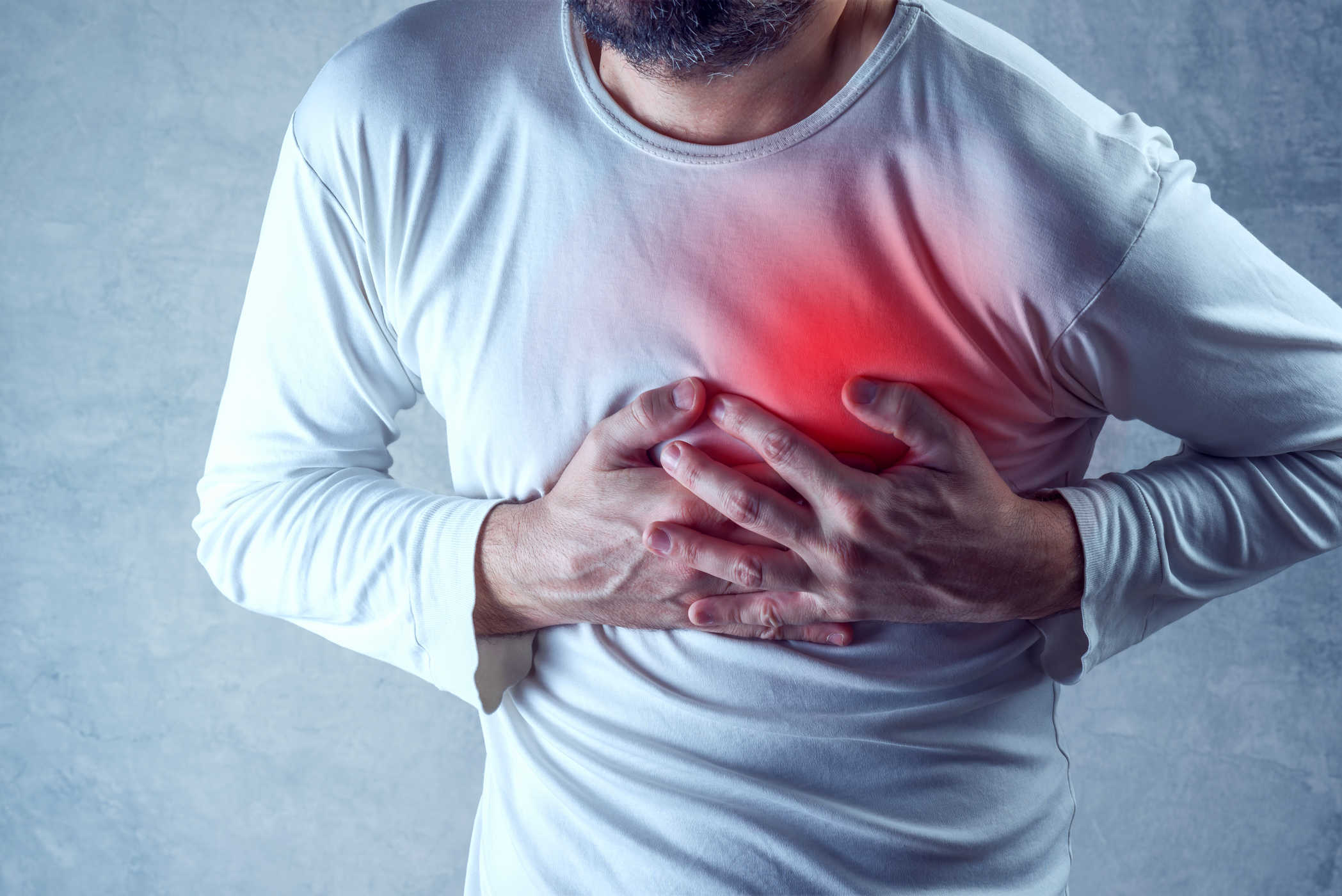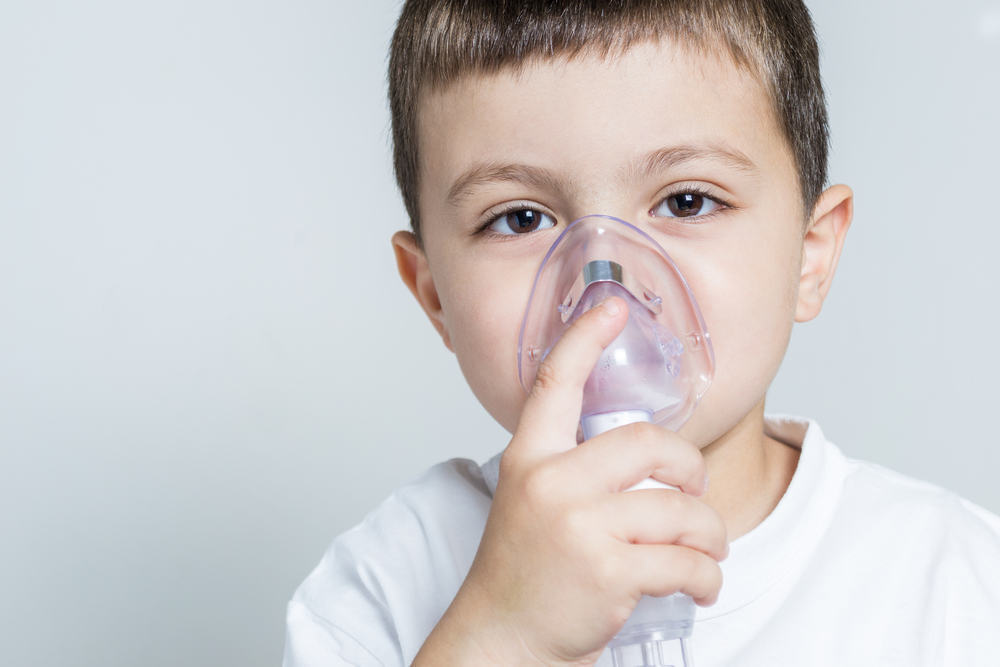Contents:
- Medical Video: Malaria - causes, symptoms, diagnosis, treatment, pathology
- Some malaria parasites can survive from drugs
- Malaria mosquitoes are more active in the afternoon or early morning
- Malaria parasites can kill blood cells
- Pregnant women are more prone to severe malaria
- Actually the case of malaria has dropped quite dramatically
Medical Video: Malaria - causes, symptoms, diagnosis, treatment, pathology
Malaria is a disease that is often found in countries in South Asia, Africa, Central America and South America. Serious diseases caused by mosquitoes carrying the malaria parasite can cause your body to experience high fever and chills.
Malaria does not spread from one person to another by touch or close to the patient, but is spread through mosquitoes.
Most malaria infections cause flu-like symptoms, such as high fever, chills and muscle aches. These symptoms come and go in a cycle. Quoted from WebMD, some types of malaria can cause more serious problems, such as damage to the heart, lungs, kidneys or brain.
Here are some facts about malaria that you need to know, which might help prevent you from becoming the next victim.
Some malaria parasites can survive from drugs
Some parasites may survive because they are in your heart, or because they are resistant to drugs. Your doctor will do a blood test for this problem, and you need to immediately seek emergency help if you feel you are experiencing symptoms of malaria.
Malaria mosquitoes are more active in the afternoon or early morning
Yes, when it's dawn or late in the afternoon, malaria-carrying mosquitoes will be easier to find and attack you, especially if you spend time outside. So, be careful!
Malaria parasites can kill blood cells
When you are infected by malaria mosquitoes, the parasite can cause malaria to enter the blood and infect liver cells. Parasites will reproduce in liver cells, which then make other new parasites enter the circulatory system and infect red blood cells. In the end, blood cells can be damaged and then the parasite moves to other blood cells that have not been infected.
Pregnant women are more prone to severe malaria
This is because the immune system in pregnant women falls compared to when they were not pregnant. Same as pregnant women, young children, middle-aged and elderly people, and people with other health problems will be more susceptible to serious complications if they get malaria.
Actually the case of malaria has dropped quite dramatically
Yes, based on written reports Compass at the end of 2014, cases of malaria that caused death globally fell 47% in 2000-2013. However, throughout 2013, there were 584,000 people died and 78% of them were toddlers. The Director General of the World Health Organization (WHO) at the time, Margaret Chan, said at the launch of the 2014 World Malaria Report that malaria could be defeated. But there are still some countries that have to fight hard. The most significant reduction in deaths at that time occurred in Africa or a place where 90% of deaths from malaria occurred. Of the 173 million people infected, it is now 128 million. The achievement is quite large, especially at that time the African population increased by 43%.
So far, to be able to avoid and prevent malaria, all you can do is do it fogging at home once a month, or often spray insect repellent in the morning and evening.












